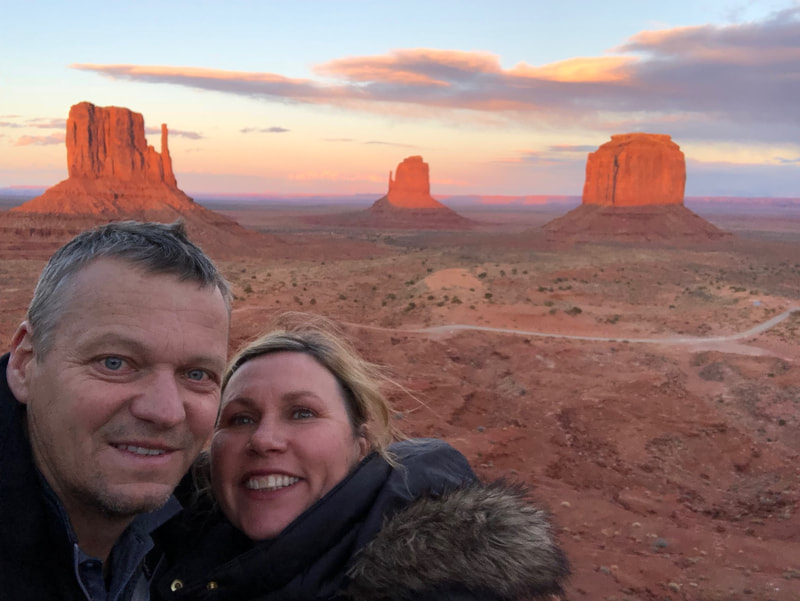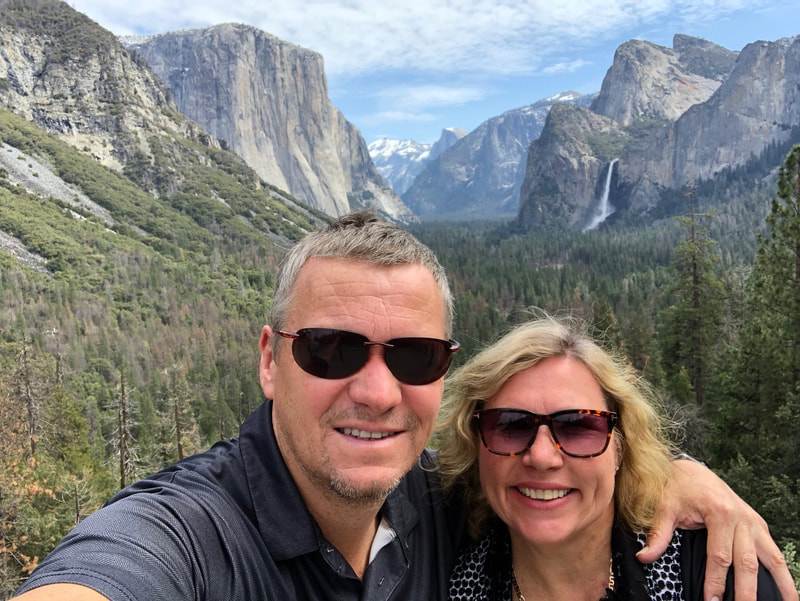By Danny Chan
Former US Secretary of State Hillary Clinton once remarked: “Don’t confuse having a career with having a life.”
Knowingly or unknowingly, Dr Fisher has applied the positive implications of this truism throughout key moments of his life. The Practice Principal at Cardinia Dental (located in Pakenham, Victoria) is someone who clearly understands that it takes conscious effort to build a fulfilling career, just as it does maintaining work-life balance.
And when it came time to make critical decisions – including the 2017 sale of his practice – Dr Fisher was not in the least confused.
Paying dues
Since graduating from the University of Melbourne in 1988 and beginning private practice the following year, Dr Fisher has found dentistry nothing short of a dream vocation – albeit one that involves paying dues long before you can reap the returns.
Within the first four years working as part-time dentist for two clinics in Koo Wee Rup and Pakenham, Dr Fisher bought over the latter practice in 1993. Hesitant at first, he sought the advice of Dr David Grant, owner of the Koo Wee Rup clinic.
“I asked David if he was interested to partner up to buy the Pakenham practice. Instead he convinced me to go at it alone, promising to support me every step of the way,” Dr Fisher says.
Dr Grant’s support, though more moral than material, provided a timely impetus. Dr Fisher continued plying his trade between the two locations, working six days a week. This went on until 1998, around which time Dr Fisher first realised the dangers of burning the candle at both ends.
When the practice relocated that year – two doors down to a new facility purpose built by his brothers – he took the opportunity to reduce his clinical commitments, actively employing dentists to fill the gap.
“This goes back to David Grant who was a mentor in every sense. He encouraged me to have work-life balance, which I not only followed but also instilled in my dentists – asking them to have a day off besides Saturday and Sunday,” he explains.
Regaining balance
The Pakenham practice grew significantly. Annual business turnover doubled in the first 3-4 years, and subsequently maintained double-digit growth. By 2003, it had expanded into a 4-chair practice with six full-time dentists on the roster.
“We were absorbing much of the growth in Pakenham. As the workload increased, however, I found myself drifting from my work-life balance again,” he recounts.
He had completely stopped practicing as a dentist by 2012. Piling practice commitments ran the gamut from IT to equipment maintenance, renovations to human resource. Even Sundays were not spared.
Dr Fisher remembers this juncture for two reasons: One, he had read an article written by then CEO of Australia Post, Ahmed Fahour, about the need for an exit plan, which consolidated his fleeting notions about selling his practice; and two, he decided once again to scale back his involvement by increasing staff numbers and work delegation.
He also began speaking to practice-acquisition firms with the intension of feeling out the market. Unimpressed with many of the corporates, he felt most offered “poor terms of sale” – including clawback agreements, which he considered a “deal breaker”.
Reality bites
Nonetheless the pragmatic entrepreneur was taking stock of the reality on the ground: the number of new dental clinics sprouting across Pakenham and next-door suburbs was outpacing the population growth.
“Our practice growth may have doubled over a 10-year period but the population had quadrupled. Although we were still the biggest practice in Pakenham, that will have an impact,” he remembers rationalising.
Other concerns were cultivating patient loyalty amongst fickle millennial customers who are more susceptible to social media trends than time honoured relational bonds; and keeping pace with evolving digital marketing platforms – the area that he believed, would become increasingly difficult to navigate.
Sell or burn out
Dr Fisher’s resistance towards selling the practice softened even more after he met up with Tony Coulepis, the Executive Chairman of Ekera Dental, in 2016.
“Tony refers to Ekera Dental as a “non-corporate/corporate”. It’s still a corporate but relative to the others, they had a more personalised philosophy that I found appealing,” Dr Fisher recalls.
In September 2017, Dr Fisher turned the reins of Cardinia Dental over to Ekera Dental.
“I don’t know how much longer I could have run the operations, but I thought I was going to burn out, “ he says.
“I was afraid I would not be able to provide the same quality service to patients or employ as many dentists and the business would start to contract.”
Family affair
At the point of sale, Dr Fisher notes, the Pakenham practice had increased “significantly” in valuation since he purchased it in 1993.
Crediting his wife for Cardinia Dental’s growth and success, the former practice owner says:
“Sharon was the unspoken business “partner”, a great co-worker and excellent brainstorming collaborator.
“I suspect many private practices have thrived because of the “family model” – which is certainly the case with Sharon and our four daughters. To this day, whenever they get the chance, my family still helps out at the clinic.”
The financial bonanza notwithstanding, relinquishing the practice has afforded the Fisher household the time and freedom to indulge in travelling sprees – even more than they’ve been doing since he stepped back in 2012.
The globetrotting dentist’s travel diary reads like a Lonely Planet brochure. Shopping in Paris. Skiing in British Columbia, Canada. Hiking adventures in Italy, North American National Parks and the Austrian Alps. Laidback cruise on the historic river Rhine. Road trips around Europe and the West Coast of America. Trekking through Scandinavian capitals. You name it.
In many ways, the semi-retired clinician is still savouring the fruits of his decision to buy the Pakenham practice 28 years ago. Yet things may look very different if he hadn’t taken a mentor’s advice to heart. The release valves he put in place throughout each growth phase helped prevent excessive pressures from building up.
“In the end, I guess the ultimate delegation of responsibilities is to sell your practice to a reliable corporate,” he says.
Time to sell?
Andrew feels very fortunate to have had broad-ranging advice and support throughout his career. In turn, he has been “paying it forward” to other professionals who seek his counsel – something he is quite happy to do if and when approached.
A strong advocate for dentists having a clear exit strategy, Dr Fisher offers this piece of advice for those still peering into a hazy crystal ball:
“The way the industry has changed over the last 8-10 years has resulted in more market uncertainties.
“I really believe it’s time to consider selling to the corporates because the opportunity may not always be there. At some point the market will become saturated and if no longer competitive, you may get pushed out.
“If you choose to remain independent, then make sure you’re prepared to go all the way.”








 RSS Feed
RSS Feed
